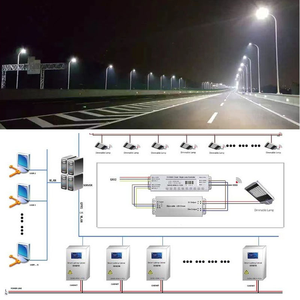Introduction to Level Sensor Uses
Level sensors are instrumental devices that measure the level of fluids or solids in various applications. They play a crucial role in industries such as manufacturing, water treatment, and food processing. By providing accurate measurements, level sensors ensure operational efficiency and help in maintaining safety standards. Understanding the various level sensor uses is essential for selecting the right type for a specific application.
Types of Level Sensor Uses
- Contact Level Sensors: These sensors make direct contact with the material being measured. Common examples include float-based sensors and capacitive sensors, often used in water tanks and silos.
- Non-Contact Level Sensors: As the name implies, these sensors do not touch the material. They utilize technologies like ultrasonic or radar to gauge levels, suitable for hazardous or corrosive materials.
- Guided Wave Radar Sensors: These sensors use a guided radar signal to provide accurate level readings in challenging environments. They are widely used in industries due to their reliability and precision.
- Pressure Level Sensors: These sensors work on the principle of measuring the pressure at the bottom of a tank to determine the level. They are ideal for liquids stored under atmospheric pressure.
Applications of Level Sensor Uses
- Water Treatment: Level sensors help in monitoring water levels in treatment plants, ensuring efficient operation and compliance with regulatory standards.
- Chemical Processing: They are essential for maintaining safe levels of chemicals, preventing spills, and optimizing blending processes.
- Food and Beverage Industry: Accurate level measurement is crucial for maintaining product quality and consistency during processing and storage.
- Oil and Gas: Level sensors monitor liquid levels in storage tanks and pipelines, enhancing safety and operational efficiency.
Features and Advantages of Level Sensor Uses
- Precision Measurement: Level sensors provide highly accurate readings, which are vital for critical applications.
- Durability: Many sensors are built to withstand harsh conditions, ensuring longevity and reliable performance.
- Remote Monitoring: Modern level sensors can be integrated into remote monitoring systems, offering users real-time data and alerts.
- Versatility: Level sensors can be used for various media, including liquids, solids, and slurries, making them adaptable to different industries.






















































